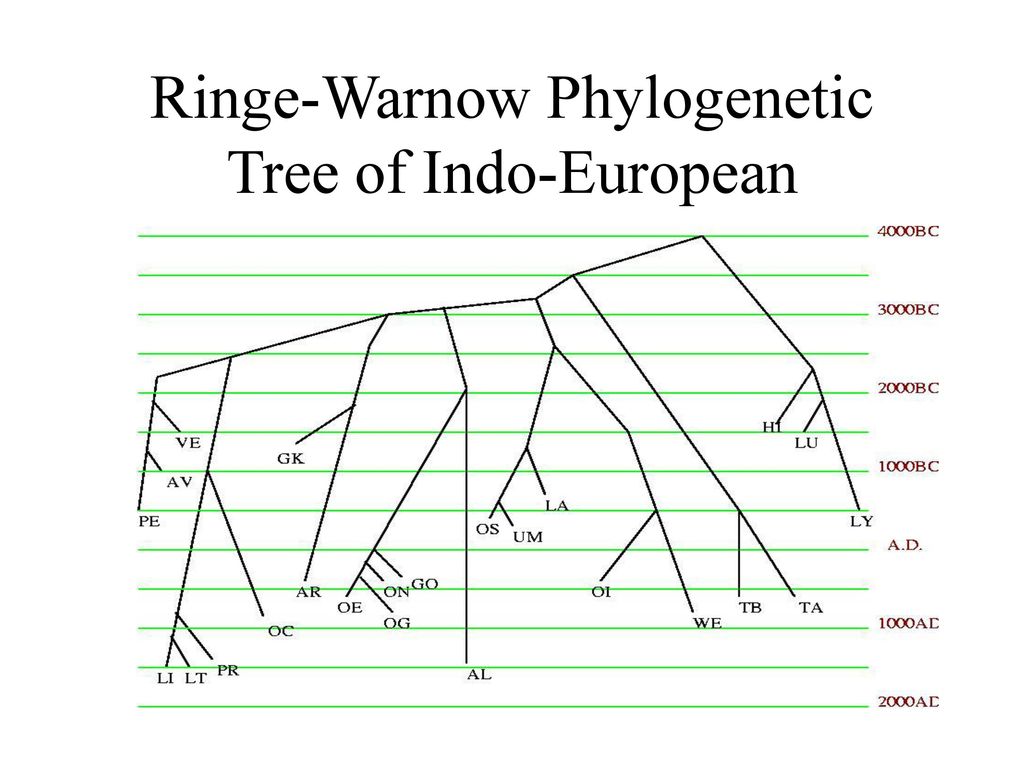lpetrich
Contributor
Borrowings? Like hörcsög "hamster" from some Slavic source: Serbo-Croatian hrčak, Proto-Slavic *xrъčь > *xruči
Also Turkic borrowings: Hungarian ~ Turkish < Proto-Turkic:
hód ~ kunduz < *kundur' "beaver"
homok ~ kum < *kum "sand"
kapu ~ kapı < *kap-ïg "door, gate" < *kap- "to close"
kút ~ kuyu < *Kut- "well (noun)"
Were they from some Turkic language that already had some of this sound shift? Or did these words come into some ancestor of Hungarian before that sound shift? Opinion nowadays tends toward the latter option.
But words with k + front vowel or h + back vowel can still be borrowings, like kék "blue" from Turkic: Turkish gök, Proto-Turkic *kȫk "sky, blue".
Also Turkic borrowings: Hungarian ~ Turkish < Proto-Turkic:
hód ~ kunduz < *kundur' "beaver"
homok ~ kum < *kum "sand"
kapu ~ kapı < *kap-ïg "door, gate" < *kap- "to close"
kút ~ kuyu < *Kut- "well (noun)"
Were they from some Turkic language that already had some of this sound shift? Or did these words come into some ancestor of Hungarian before that sound shift? Opinion nowadays tends toward the latter option.
But words with k + front vowel or h + back vowel can still be borrowings, like kék "blue" from Turkic: Turkish gök, Proto-Turkic *kȫk "sky, blue".

